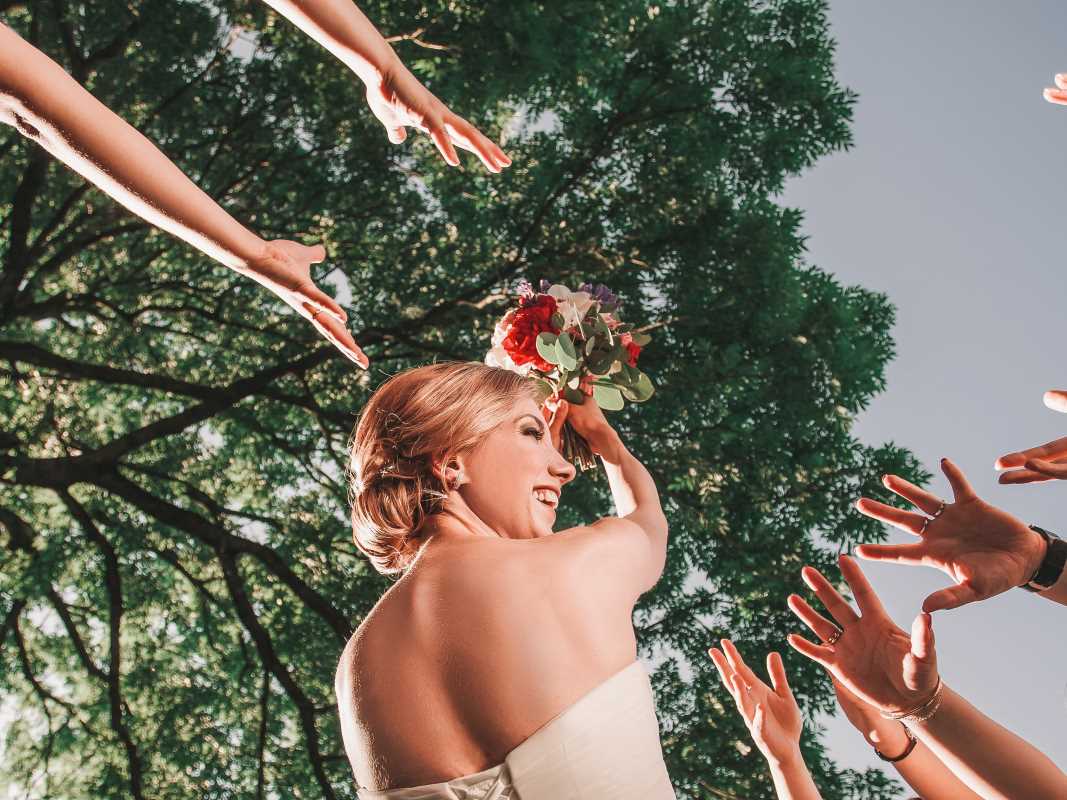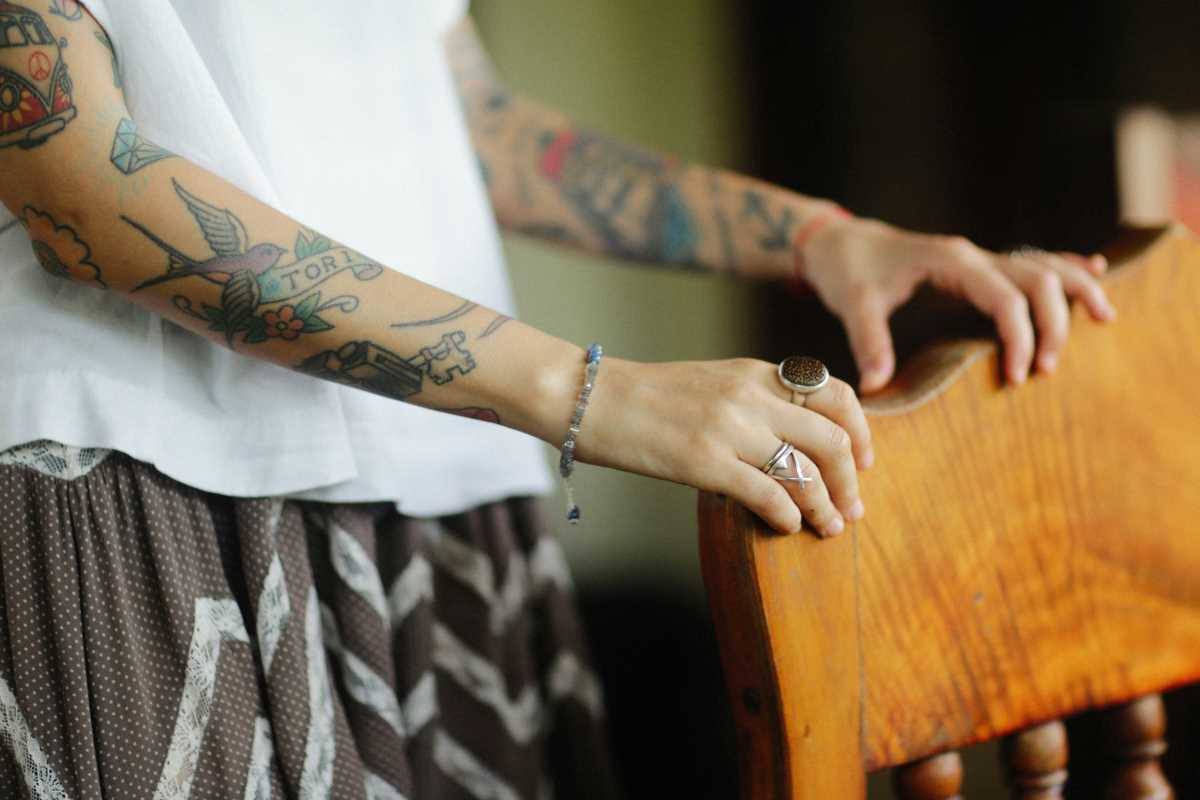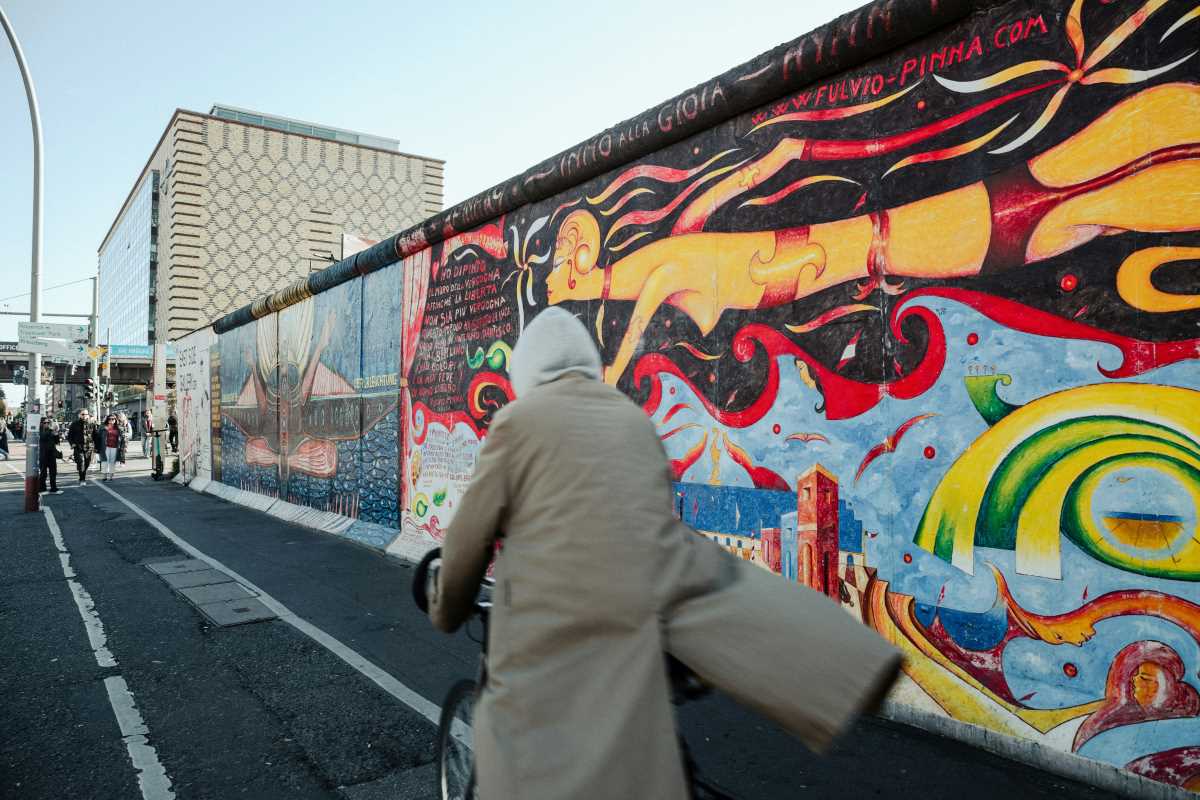Weddings are a tale as old as time, filled with traditions that have been passed down through generations. But millennials, born between the early 1980s and mid-1990s, have made it pretty clear they’re not here to stick to every tradition just for the sake of it. Instead, they’re modernizing weddings and making them more personal, meaningful, and practical. For this generation, it’s less about impressing everyone and more about creating a day that feels real and joyful.
From skipping the garter toss to redefining the wedding guest list, millennials are reshaping what it means to say “I do.” If you’ve noticed smaller ceremonies, unique outfits, or unconventional choices at weddings lately, chances are millennials are behind these changes. Let's explore which age-old traditions are fading out and the refreshing new trends replacing them.
Smaller Weddings, Bigger Impact
Weddings used to be synonymous with grandeur, often featuring long guest lists, elaborate venues, and over-the-top ceremonies. Millennials still value a beautiful celebration, but they’re showing a clear preference for intimate gatherings instead of breaking the bank to host hundreds of guests.
Breaking Down Guest Lists
According to 2025 wedding data, the average wedding costs about $33,000, while millennials often spend closer to $38,000. The biggest factor is guest count. With fewer than 100 guests now being the norm, couples are saving money while focusing on the people who truly matter. This shift is a reaction to rising costs and the desire to make every moment of the wedding meaningful. Smaller guest lists also allow for more personalization, like hand-written notes for each attendee or curated experiences such as specialty cocktails or activities.
What’s Trending?
The rise of the "micro wedding" is a perfect example of this shift. With fewer than 50 guests, these events feel cozy and deeply personal. Popular venues include mountain lodges, historic homes, and even Airbnb rentals, making the day feel more like an intentional gathering and less like a formal production.
Wedding Dresses That Feel More "You"
Gone are the days when white ballgowns were the automatic choice for brides. Millennials are approaching wedding-day style with individuality in mind, shaking up what was once considered non-negotiable.
Colors, Jumpsuits, and Comfort
Traditional is out; variety is in. Brides today are exploring options like blush pink, soft blue, and even bold black dresses. Jumpsuits, sleek suits, or two-piece ensembles are also taking center stage. Millennials want their wedding attire to reflect their personal style. It’s no longer about fitting into an outdated standard; it’s about feeling like the best version of yourself, whether that's in sequins, lace, or trousers.
Solange Knowles’ white jumpsuit-and-cape wedding look went viral for its sleek, high-fashion vibe. Today, countless brides look back at that moment as the ultimate inspiration to stray from tradition.
Skipping the "Rules"
Interestingly, some couples are rethinking even the presentation moments. Rather than subjecting brides to being “given away,” couples are walking together down the aisle or arranging creative entrances that reflect their partnership.
Saying Goodbye to Big Wedding Parties
Traditionally, wedding parties were almost a status symbol, with bridesmaids and groomsmen split evenly and dressed identically. Now, many millennials are steering away from this, either reducing the size of their wedding parties or skipping them altogether.
Inclusive and Practical
Being in a wedding party is expensive. From buying outfits to covering destination bachelor or bachelorette party costs, the pressure on friends can be significant. Millennials are empathetic about this and often prioritize their friendships over rigid traditions. Instead of sticking to the expected gendered roles, they’re opting for mixed-gender groupings or nixing titles like “maid of honor” altogether.
Other couples skip a formal wedding party entirely and keep the big day about just them. This not only reduces costs but helps avoid drama and stress.
How's This Playing Out?
A new trend is creating a “day-of team” instead of a wedding party. This group includes close friends or family, but their role is more relaxed, like helping oversee details or wrangling the crowd for photos.
Ditching Awkward Tosses
Ah, the bouquet toss. While it’s been a wedding hallmark for generations, millennials aren’t as enthusiastic about this tradition. Many feel it singles out single guests unnecessarily or comes off as outdated. Even less popular is the garter toss, which is often viewed as uncomfortable or even embarrassing.
Tossing Traditions Aside
The stats back it up. By 2023, only 31% of couples included the bouquet toss at their weddings, showing a sharp 13% drop from just a few years prior. The garter toss has largely disappeared, viewed in many circles as irrelevant to what modern weddings represent.
Instead of keeping these traditions, couples are finding alternatives. Some focus this portion of the evening on inclusive activities, like games or heartfelt speeches. Others skip it all together to keep the dance party energy going strong.
Alternative Ideas:
- A raffle or trivia game for keepsakes
- A “thank you” moment to give flowers to someone special in the audience
- Anniversary dances, where the longest-married couple takes the spotlight
Rethinking Wedding Registries
Millennials, as a group, are practical. That's why the traditional wedding registry, full of china and crystalware, doesn’t always work for them anymore. Many couples already live together before marriage or simply don’t need items to stock a new home.
Cash, Charities, and Experiences
Instead, modern registries focus on practicality or shared values. Honeymoon funds, crowd-sourced experiences, or even charity donations are becoming the go-to choices. Platforms like Honeyfund make it easy for guests to contribute toward something meaningful, like a dream trip overseas or a down payment on a home.
By offering these options, couples are allowing guests to contribute in a way that feels less transactional and more impactful.
Couples often share stories or give updates about how they used the funds, which keeps guests connected to the experience they helped enable.
Love Over Tradition
Perhaps the most significant change isn’t tied to any one tradition but to the overall mindset millennials bring to weddings. For this generation, love takes center stage, not rigid rules. From writing their own vows to blending cultures, the goal is to create a celebration that feels authentic.
This approach also extends to sustainability and inclusivity. Many couples are working to host eco-friendly weddings, from locally sourced flowers to digital RSVP solutions that reduce paper waste.
This generation may not be sticking to all the traditions, but they’re not abandoning weddings. They’re simply redefining the rules. By focusing on what truly matters and letting go of what doesn’t, millennials are transforming weddings into joyful, intentional celebrations of love.
 (Image via
(Image via





